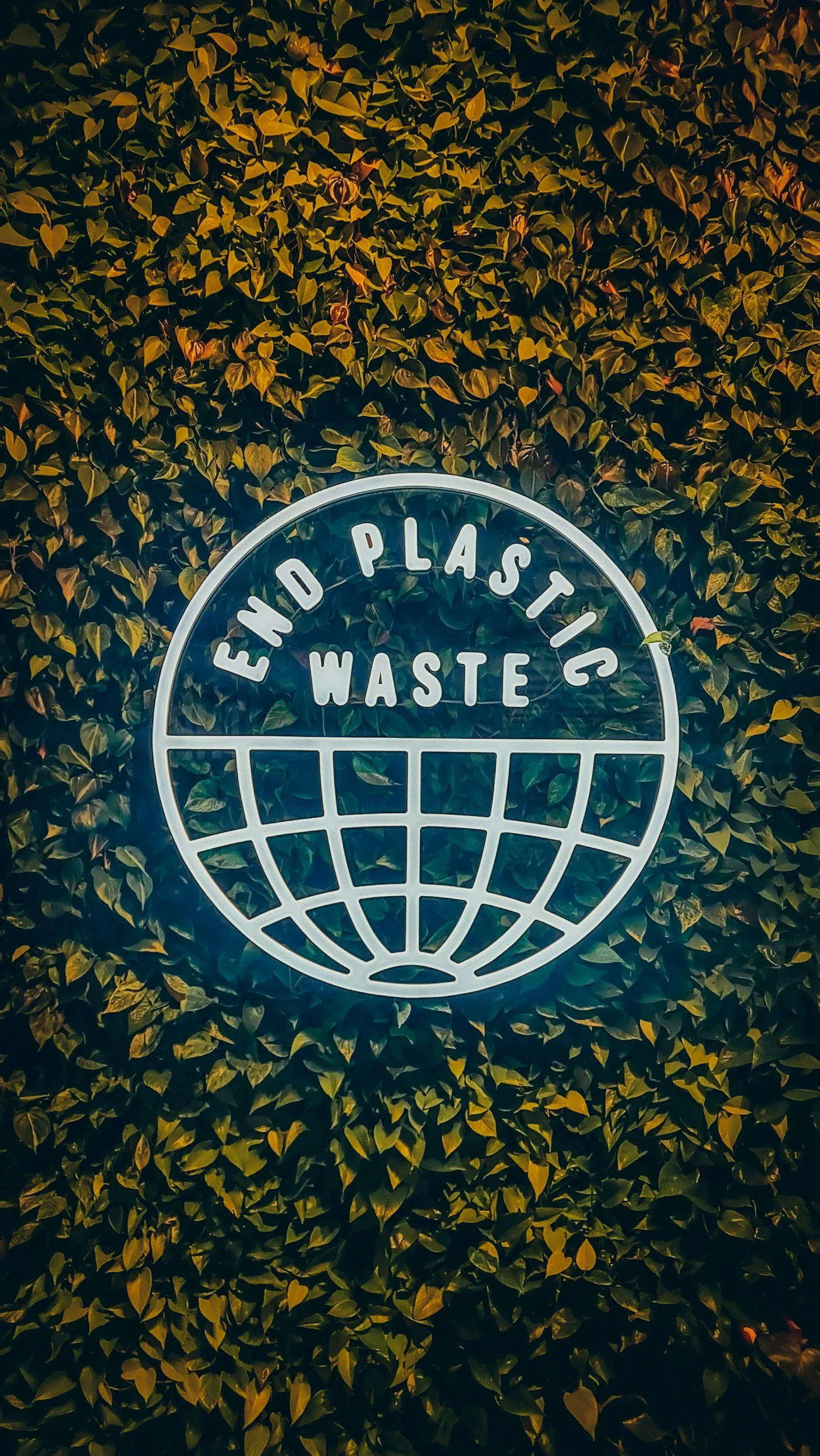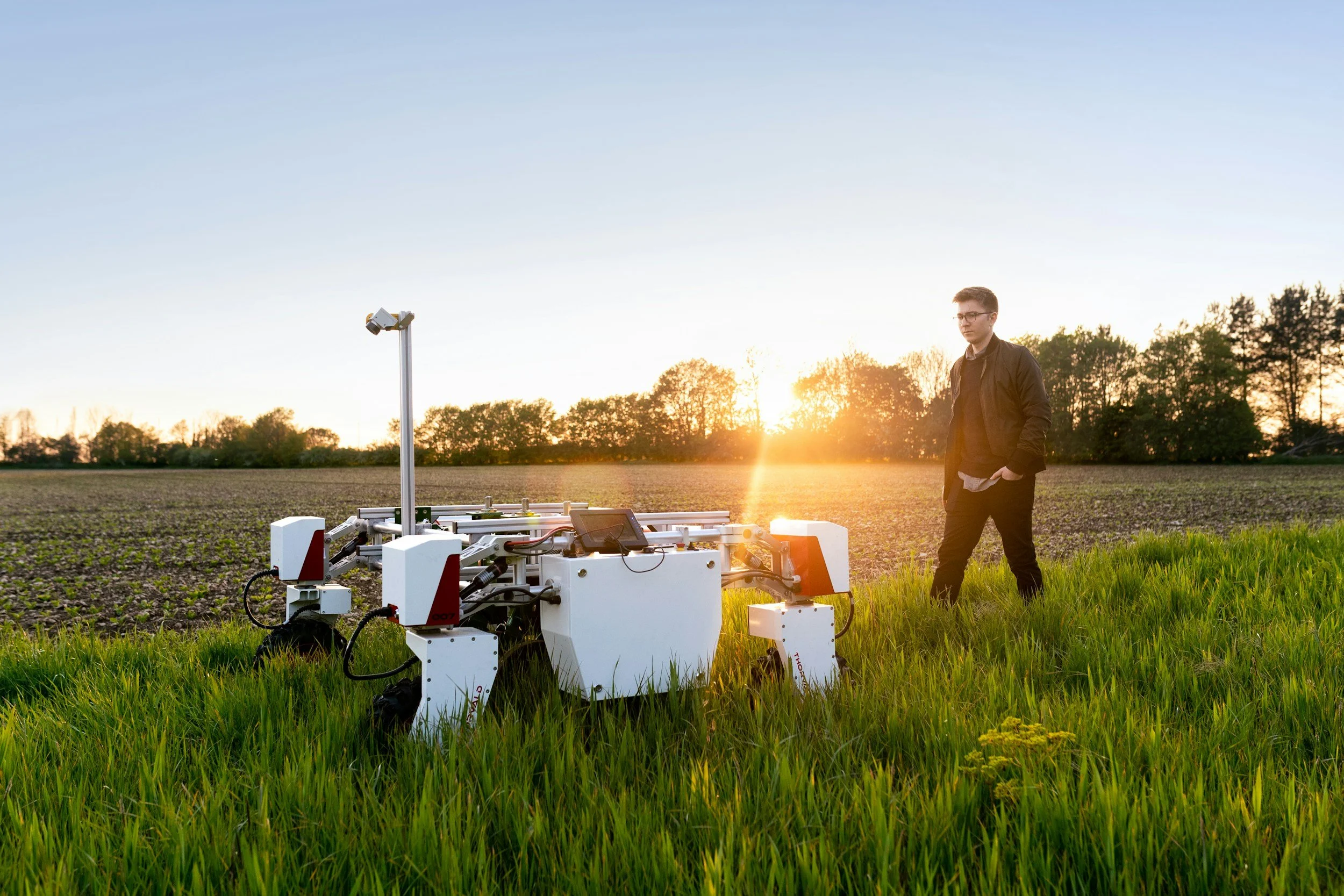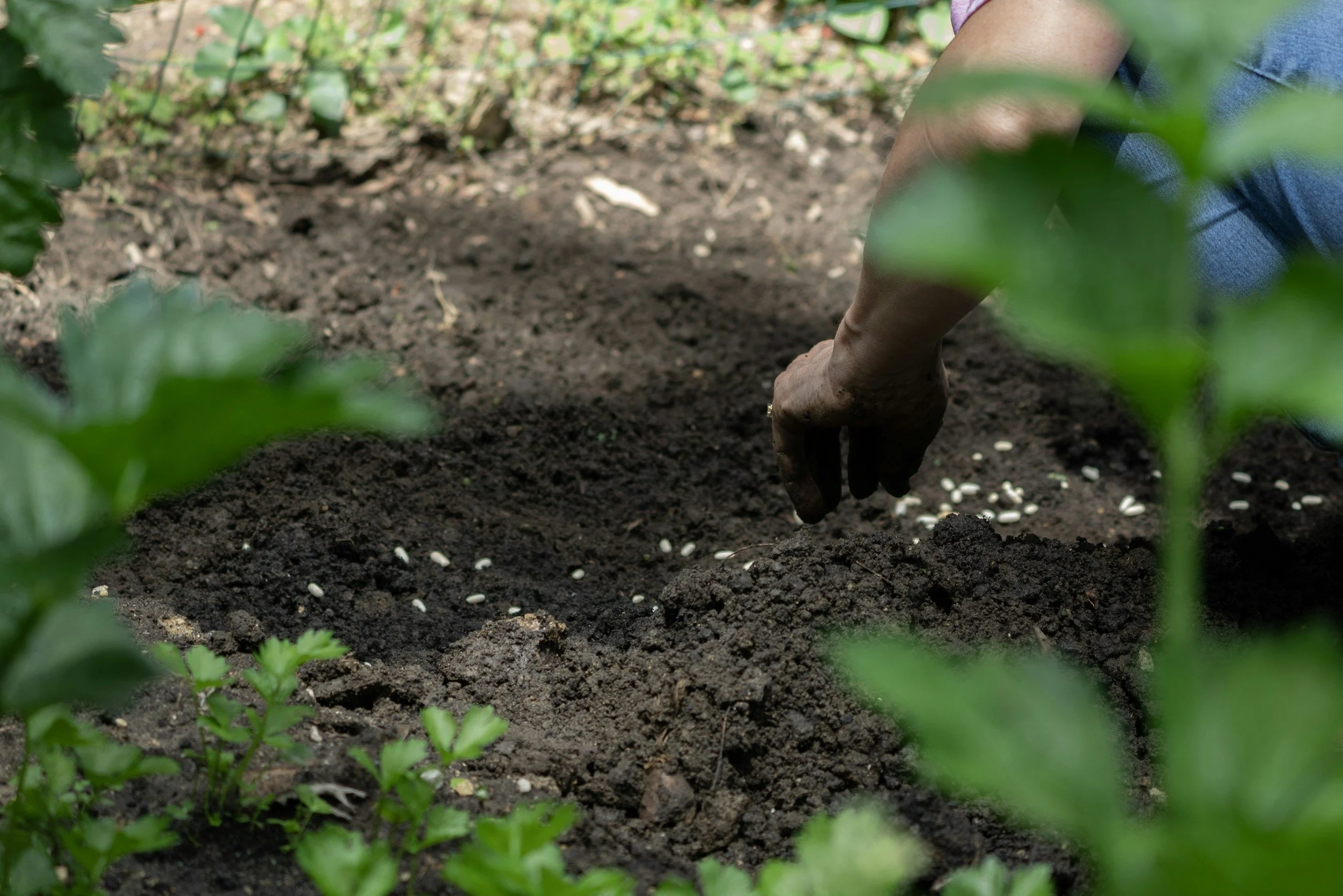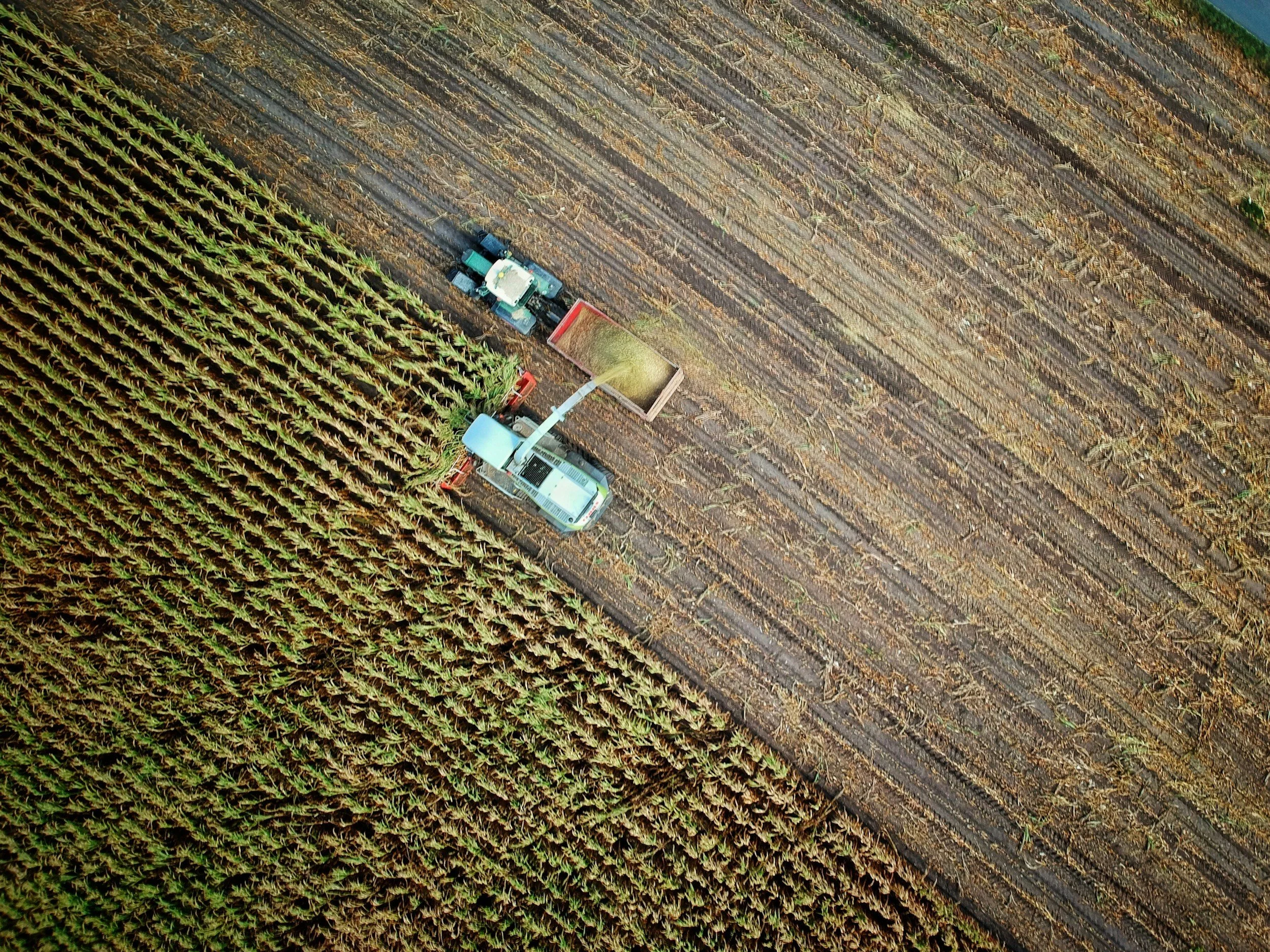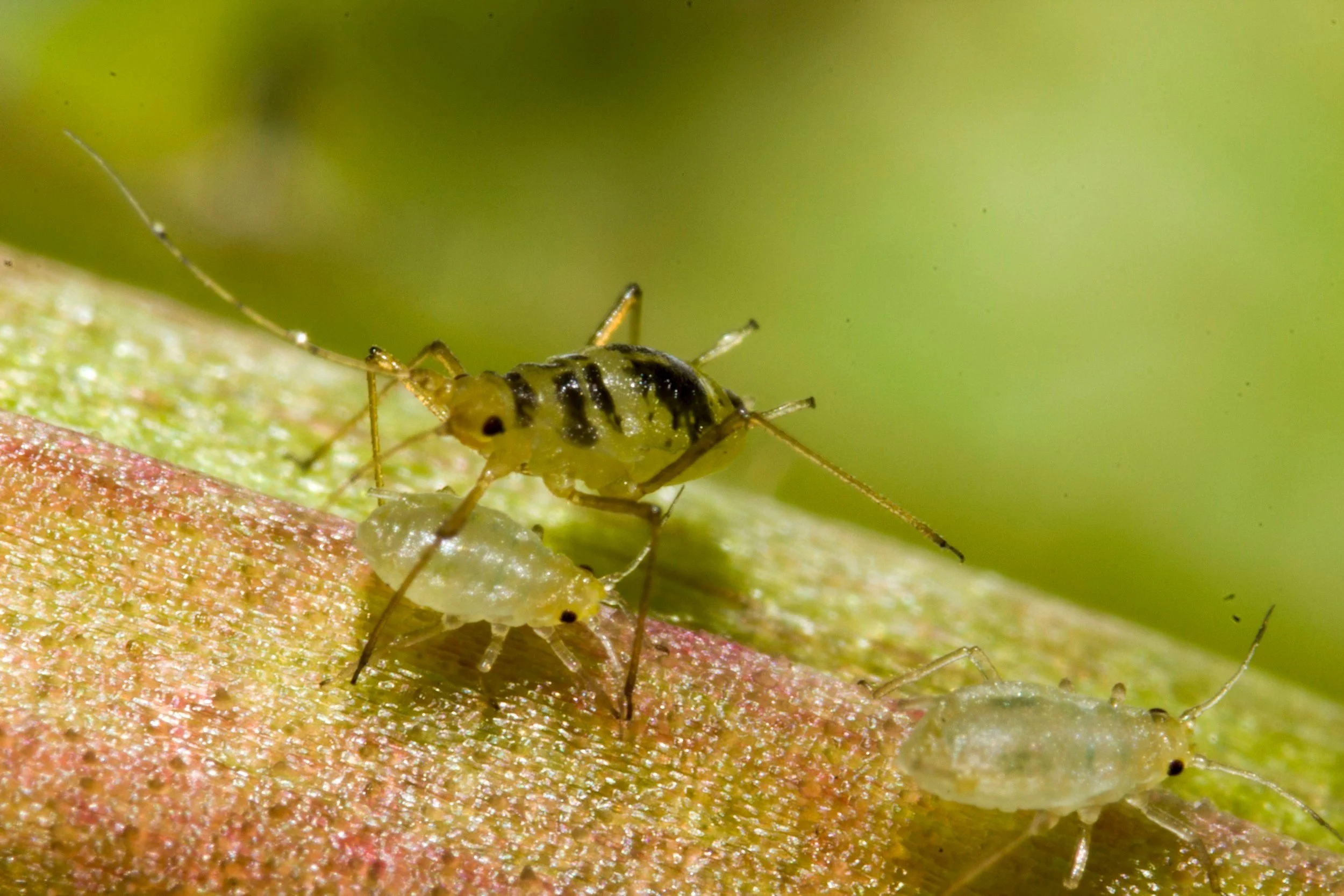Easy, natural spring cleaning tips
/Well Earth Day came and went and if you were in the US and blinked, you’d have missed the mainstream media coverage that marked the moment. No problem: as I wrote in a blog post to commemorate last year’s Earth Day, we don’t really need it anymore. Considering the near-steady diet of alarming environmental news we are treated to --natural disasters both looking and realized; contaminants in the water; stubborn spates of denial about the death-spiral of the fossil fuel industry era (tar sands pipelines, anyone?) –, we passed the need for Earth Day about 30 or so years ago...
Wanting to live more ethically is the first step in a long process of making it happen, and you may always fall short in the end. Reducing consumption is an important part of being green(er), and it may be the hardest one for many people to actually put into action.
Small steps are better than no steps at all.
This post offers one small – yet important – way you can reduce waste in your own home...
Read More





















